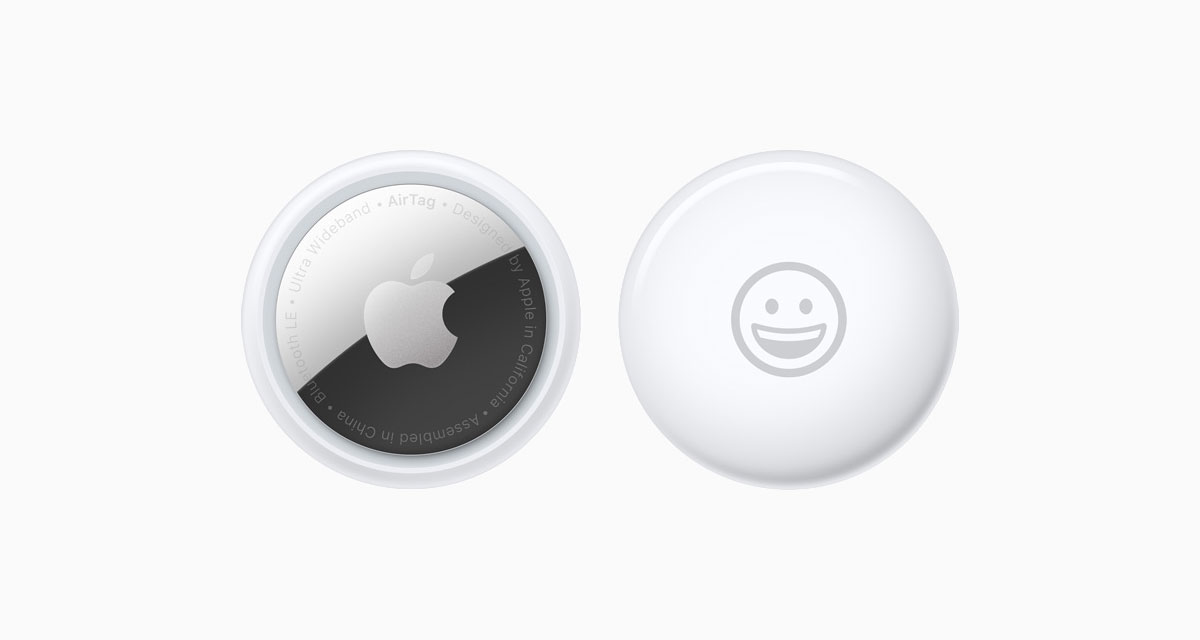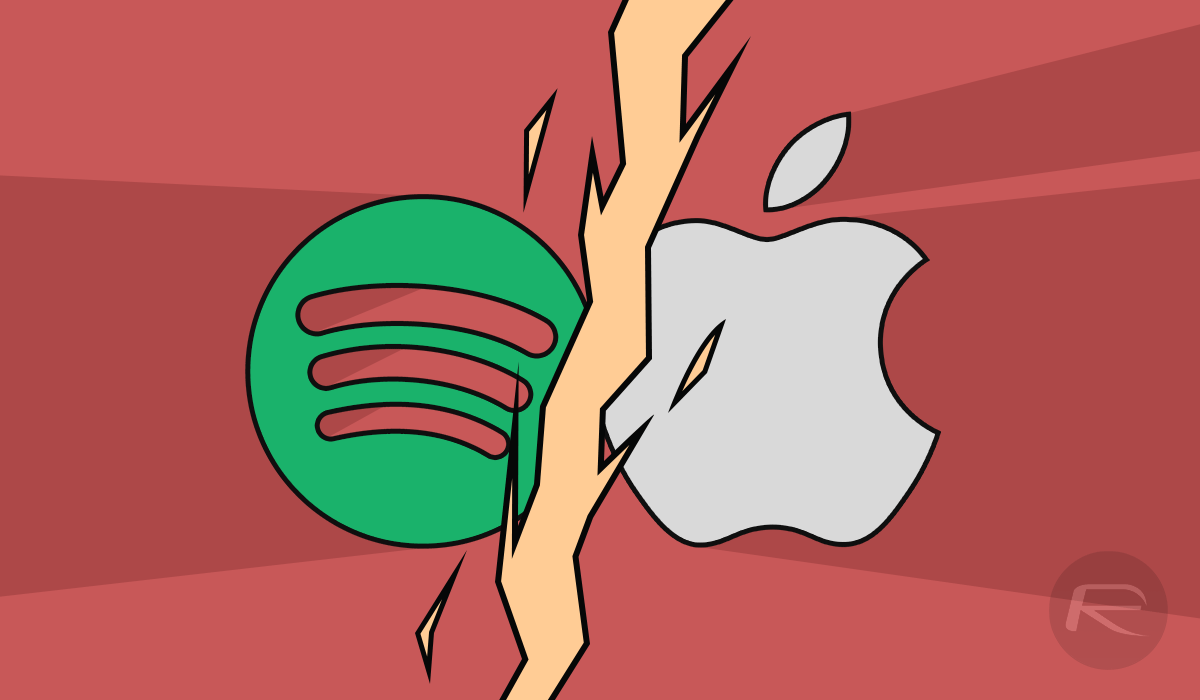Earlier this month we heard that Spotify, Tile, and Match had testified at an App Store antitrust hearing saying that Apple and the App Store are a problem for companies trying to compete.
Now, Apple has responded in a letter from vice president and chief compliance officer, Kyle Andeer, to U.S. Senator Amy Klobuchar.

MacRumors has seen the letter and has been highlighting the best bits. Starting with Spotify, that includes a response to the music streaming service’s assertion that Apple should allow the free market to decide if Apple’s payment processing fee of 30% is worth it.
If Apple is convinced that their payment system is that superior, that it really should command a 30% fee, they should allow for competition and let the market determine that. Let supply and demand determine what the right fee is, but they haven’t done that.
Apple’s response is that it is untrue to say that the App Store’s in-app purchase system hasn’t had any competition, going on to say that it “meets or beats” the “intense competition.” It isn’t clear what that actually is, though.
Apple goes on to pat itself on the back, saying that developers struggled to distribute software before the App Store came along. Apparently ignoring the fact that there were no iPhone apps before the App Store.
Since then we have never raised the commission; we have only lowered it, including for subscriptions and small businesses, or we have eliminated it altogether in certain situations, as with the Reader Rule and the Multi-Platform Rule. Today, about 85% of apps pay no commission, and the vast majority of developers that do pay a commission can pay just 15% by entering our Small Business Program. The remainder—those making over $1 million per year selling digital goods or services in the App Store— pay a 30% commission (which is reduced to 15% for subscription services after the first year).
Tile also came in for some special criticism, with Apple saying that even though Tile item trackers were sold in Apple Stores at one point, nobody actually bought them. Tile accused Apple of stopping selling Tile products while it was developing its competitor, AirTag.

Apple says that isn’t the case at all.
Years ago, Apple had some information about how Tile products sold in Apple’s retail store. It did not sell well. Tile sells its products through dozens of retailers around the globe and its own website. Any information from Apple Store retail sales is both very limited and very outdated and likely no different from the information other brick-and- mortar stores have about products sold in those stores. Nonetheless, Apple has never used any of that information in any decision making related to AirTags.
Apple rounds things out by saying that it
shares the subcommittee’s commitment to “promoting competition and innovation, allowing developers to thrive, and supporting the success of great American ideas.” Whether you believe that or not, we’ll leave that to you.
You may also like to check out:
- Download: iOS 14.5.1 IPSW Links, OTA Profile File Along With iPadOS 14.5.1 Released
- Jailbreak iOS 14.5.1 Using Checkra1n, Here’s How-To [Guide]
- How To Downgrade iOS 14.5.1 And iPadOS 14.5.1 [Tutorial]
- How To Fix Bad iOS 14 Battery Life Drain [Guide]
- Convert Factory Wired Apple CarPlay To Wireless Apple CarPlay In Your Car Easily, Here’s How
- iPhone 12 / Pro Screen Protector With Tempered Glass: Here Are The Best Ones
- Best iPhone 12, 12 Pro Case With Slim, Wallet, Ultra-Thin Design? Here Are Our Top Picks [List]
- Best iPhone 12 Mini Screen Protector: Here’s A List Worth Checkin
- Best iPhone 12 Pro Max Screen Protector: Here Is A List Worth Checking
- Apple Watch ECG App Hack: Enable Outside US In Unsupported Country On Series 5 & 4 Without Jailbreak
You can follow us on Twitter, or Instagram, and even like our Facebook page to keep yourself updated on all the latest from Microsoft, Google, Apple, and the Web.

